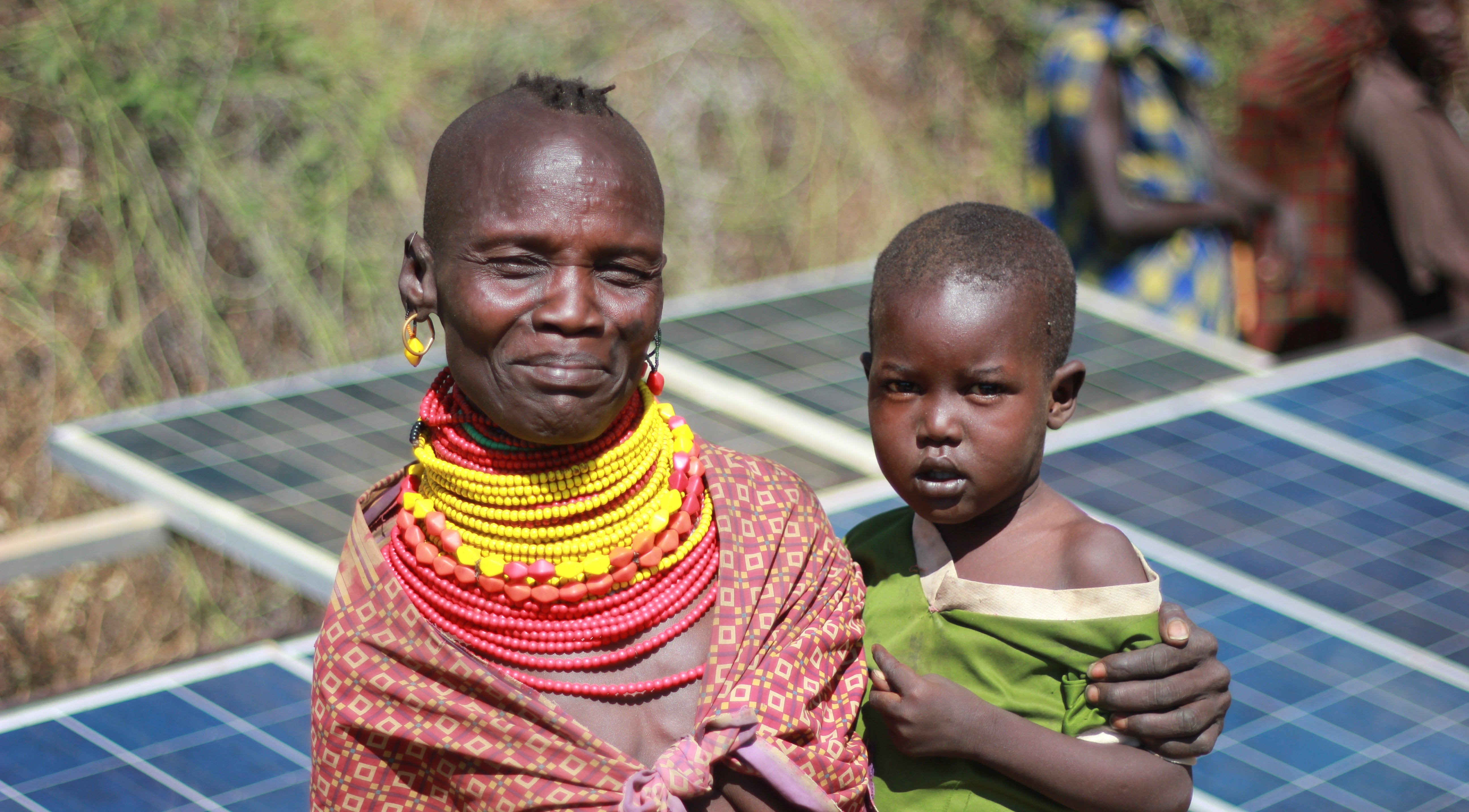
One of the most important findings noted at the Africa launch of the World Bank's Progress Toward Sustainable Energy: Global Tracking Framework 2015 (GTF) report for the Sustainable Energy for All initiative, is that despite recent trends to increase investment in the energy sector, we still need to double the number of new connections to modern energy services per year to reach universal access to energy by 2030.
Universalizing access to clean, modern energy services is at the heart of our ability to deliver on the new globally agreed sustainable development goals and climate agreements. Knowing this, the panel of experts discussing the findings of the report at the Africa Energy Indaba was asked a key question by Anita Marangoly George, Senior Director of the Bank's Energy and Extractives Global Practice - did we think achieving the universal access goal was possible in just a decade and a half?
The answer from every panelist was - yes, achieving universal access by 2030 will be possible, but not by relying only on the 20th century method of expanding traditional electricity grids.
We agreed that emerging decentralized technologies and business models are the only way to quickly universalize energy access to the 600 million Africans who currently lack it. While the quickest technologies that can be deployed, so-called solar home systems, offer lower levels of power than a grid, it has been shown that the majority of human development benefits from access to energy actually occur at a very low level of consumption per capita. This means that there are important arguments not to use a “grid or nothing” approach that would take decades, which we do not have, to deploy.

Important movements such as the Power for All campaign of energy access-focused businesses and civil society, the U.S. government’s Power Africa partnership, and the UK government’s Energy Africa campaign are all working to create opportunities for such businesses to emerge and be supported, but one thing is agreed by all - the key is finance, and before real progress on universalizing energy access can be made, development banks, foundations and other concessional sources of finance must become major players in the energy access space.
So what are we waiting for?
Well we first of all need to utilize the practical and analytical tools we already have to build energy access markets, because it is clear that energy projects are not enough. The world needs functioning markets for energy access services but we’re still mostly focusing on individual projects. This needs to change.
We simultaneously need to develop incentives within development financiers to fund smaller projects - perhaps that would be to build and support more project aggregators such as SunFunder or perhaps it is to build a fund for to support energy training institutions to ensure money already promised to energy access will be spent on companies that can deliver, because the 7,000-20,000 companies do not exist yet and will need trained workers to undertake this massive task.
The takeaway is that a huge proportion of big, efficient infrastructure finance needs to be replaced with more complicated, expensive, exploratory, support to lots of small players. This may seem inefficient at first, but will deliver the jobs and human development benefits that Africa’s large infrastructure investments of decades past have largely missed.
On this human development point, one last message is this: while we now have agreement that the GTF was necessary because measuring access simply via the number of new connections is inadequate, we still measure the success of businesses funded to deliver access largely on this same inadequate metric.
When looking at future investments in energy access, donors should consider supporting more holistic enterprises that explicitly aim to deliver not only connections and kilowatts, but community jobs, community services and productive technologies. These services will directly impact communities’ ability to pay for more energy and more services, which in turn, improves companies’ bottom lines and banks’ balance sheets. Win-win-win.
For governments serious about development but also serious about value for money, we need to be looking at these and other energy nexus issues more holistically. In the era of SDGs and a new climate agreement, we need to be thinking about how we can use small, “inefficient” investments to deliver big, efficient results.


Join the Conversation